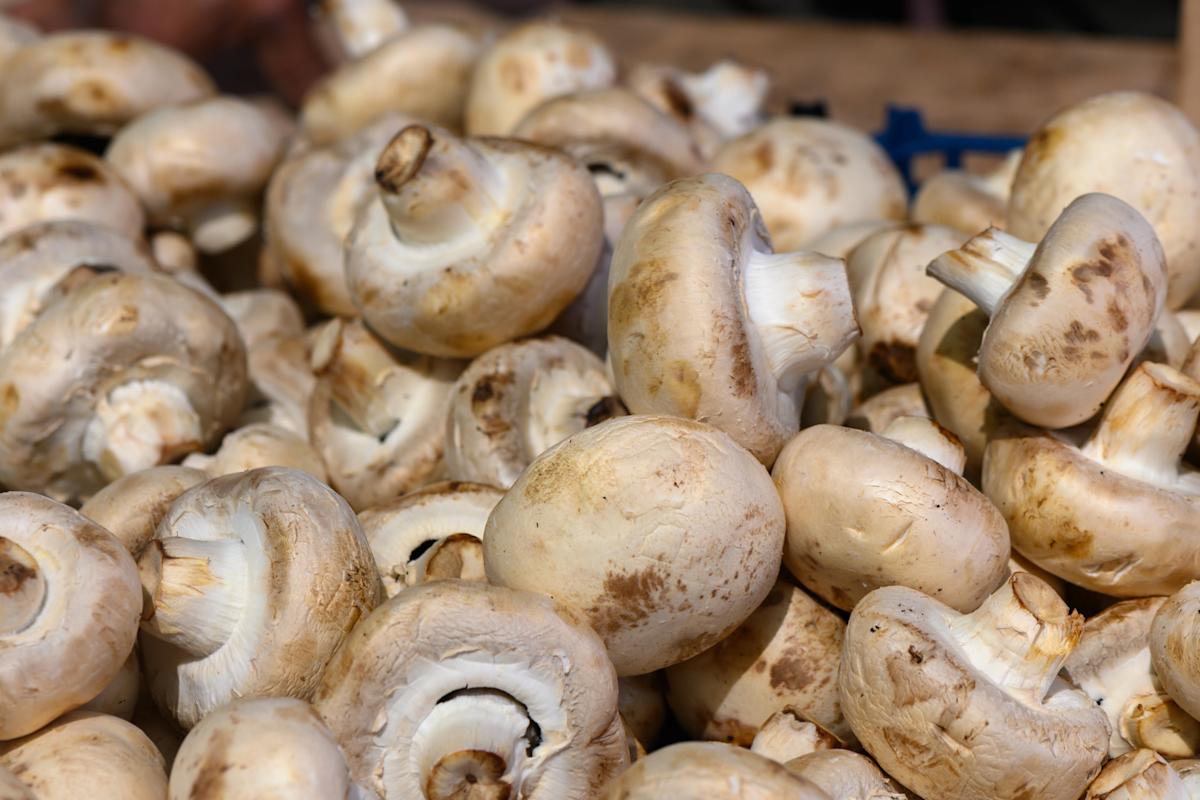Breakthrough in Composting Enhances Crop Growth

KUNMING, CHINA – A groundbreaking discovery by scientists at the Kunming Institute of Botany reveals a new composting method that significantly boosts crop performance, offering a promising solution to agricultural waste challenges.
Immediate Impact
The introduction of a specific mushroom species into the composting process has resulted in enhanced plant growth and reduced pathogen presence, according to a recent study published in the journal Environmental Science & Technology. This innovative approach addresses the inefficiencies of traditional composting methods, which often fail to break down agricultural waste effectively.
Key Details Emerge
Agriculture, a cornerstone of global sustainability and economy, generates substantial waste, including 14 billion tons of crop straw and 125 million tons of livestock manure annually. Traditional composting methods struggle to manage this waste, partly due to antibiotic-resistant genes and pathogens that can infiltrate soil and plant systems.
The study conducted by the Chinese Academy of Sciences highlights the efficacy of mushroom-enhanced composting. Compared to traditional methods, this new technique not only suppresses harmful pathogens but also promotes plant growth, notably in oats.
“The results show significant growth of oats stimulated by biofertiliser use,” the researchers noted in their study.
Industry Response
The agricultural sector has shown keen interest in this development, recognizing its potential to reduce pollution and enhance food safety. The study’s findings align with recent trends in sustainable agriculture, such as the use of cover crops and solar panel integration, which have shown to improve soil health and increase crop yields.
By the Numbers
- 14 billion tons of crop straw produced annually
- 125 million tons of livestock manure produced annually
- Significant reduction in antibiotic-resistant genes with mushroom composting
What Comes Next
The implications of this study are far-reaching. By reducing agricultural waste and limiting the spread of pathogens, this method could lead to healthier food production and less environmental pollution. As researchers continue to explore the potential of biofertilisers, the agricultural industry may see a shift towards more sustainable practices.
Background Context
This development builds on existing research in sustainable agriculture. Previous studies have demonstrated the benefits of planting cover crops and pairing solar panels with agriculture, both of which contribute to environmental sustainability and economic efficiency.
Expert Analysis
Experts in the field of sustainable agriculture emphasize the importance of such innovations. According to Dr. Li Wei, a leading researcher at the Kunming Institute, “This breakthrough represents a significant step forward in our efforts to create more sustainable agricultural practices. The integration of mushrooms into composting processes could revolutionize how we manage agricultural waste.”
Regional Implications
In China, where agriculture plays a critical role in the economy, the adoption of this new composting method could significantly reduce the environmental impact of farming. As the world’s largest producer of agricultural waste, China stands to benefit greatly from more efficient waste management practices.
Timeline of Events
- Research initiated by the Kunming Institute of Botany
- Study published in Environmental Science & Technology
- Ongoing trials to assess the broader application of mushroom composting
As the global agricultural community looks to the future, innovations like these offer hope for a more sustainable and productive industry. With continued research and development, the potential for widespread adoption of mushroom-enhanced composting could lead to significant environmental and economic benefits.






